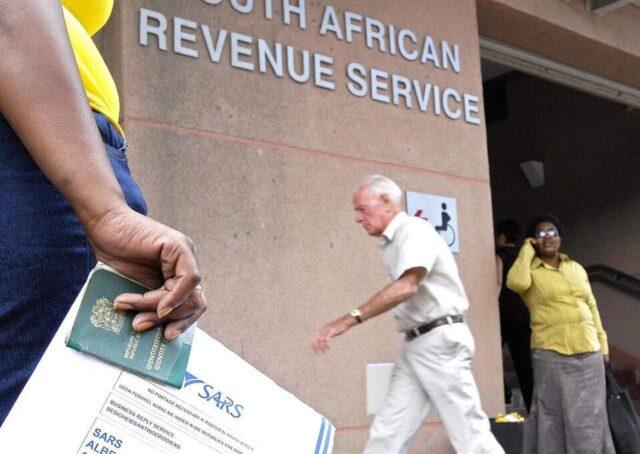The question many economists and citizens are asking is where will the money come from to fix South Africa’s ailing economy?
AMID the country’s worst energy crisis in history and the disastrous rising cost of living, Finance Minister Enoch Godongwana will be looking to stabilise the government’s finances in his 2023 Budget Speech on Wednesday.
With personal tax making up 21% of the country’s gross domestic product (GDP), the nation will be listening carefully to what Godongwana has to say regarding tax, as well as solar incentives that the government is planning, which President Cyril Ramaphosa alluded to in his recent State of the Nation Address (Sona).
In his Medium-Term Budget Speech (MTBPS) last year, Godongwana said tax revenue for 2022/23 was estimated to exceed the Budget by R83.5 billion.
Zohra de Villiers, head of global mobility services and employment tax advisory at KPMG, told Business Report that “corporate income tax accounts for R62.8 billion of this, and personal income tax R8.2bn. Amid the funding required for the state-owned enterprises (SOEs), the electricity crisis, requests for an increase in social grants and the many other high-ticket items, the question every year is where is the minister going to get the revenue from in these items”?
De Villiers said, “KPMG does not expect an increase in any of the tax rates. Taxpayers would, however, expect the usual inflationary adjustment to the tax brackets.”
Below, De Villiers listed KPMG’s expectations on what the minister will and should address, regarding taxation:
Personal income tax
South Africa’s highest marginal tax rate is 45%, which is higher than the global and Africa average. These are currently in the lower 30%.
Any further increases in personal income tax would result in additional pressure on already struggling households, resulting from the after-effects of the pandemic, soaring fuel prices, interest rate hikes, and the electricity crisis.
National Treasury previously indicated that it was aiming to reduce the rate over time.
But this can only be achieved if the SA Revenue Service (Sars) broadens the tax base which comes from greater economic growth, increased employment, and enhanced enforcement by Sars.
The government and the private sector have to work together to get more individuals employed in order to spread the tax burden across a larger number of taxpayers.
Wealth tax
KPMG does not anticipate this to be announced, as it will result in taxing the same taxpayer group.
Sars’s commissioner also indicated earlier this month that it was unlikely that a wealth tax would be introduced.
Sars has increased activity in compliance and enforcement and this will continue going forward.
Corporate income tax
Any changes to the corporate income tax rate was unlikely. The rate was reduced from 28% to 27%, and this will come into effect for most companies during 2023 or 2024. Even at 27%, our tax rate is higher than the global average of about 24%.
To remain competitive and encourage much-needed foreign investment to stimulate growth, Treasury may consider a further cut in future years.
VAT
No increase in the VAT rate was expected as it would have a negative impact on already struggling consumers. As VAT impacts all consumers, any talk of a VAT increase would be hugely unpopular.
Solar tax incentives
The minister is expected to announce some highly anticipated incentives for households and businesses in the roll out of rooftop solar panels.
Budget expenditure
A review of expenditure management in municipalities was also on the cards to stamp out corruption and mismanagement. This has been of great concern for a number of years, and it is time to take decisive action to ensure that taxpayers’ money is properly managed and used as intended.
Sars
Sars is to continue with compliance and enforcement to ensure that all those liable to pay tax, pay the correct amounts to Sars.
– BUSINESS REPORT








